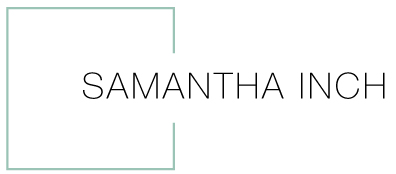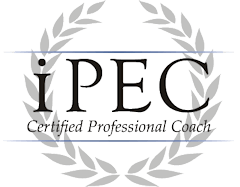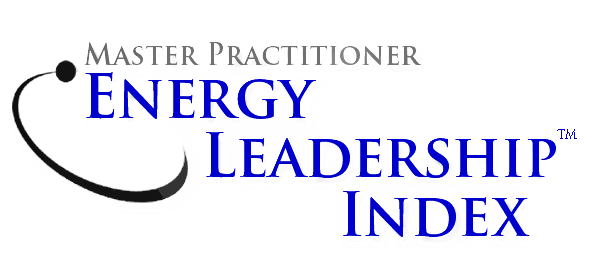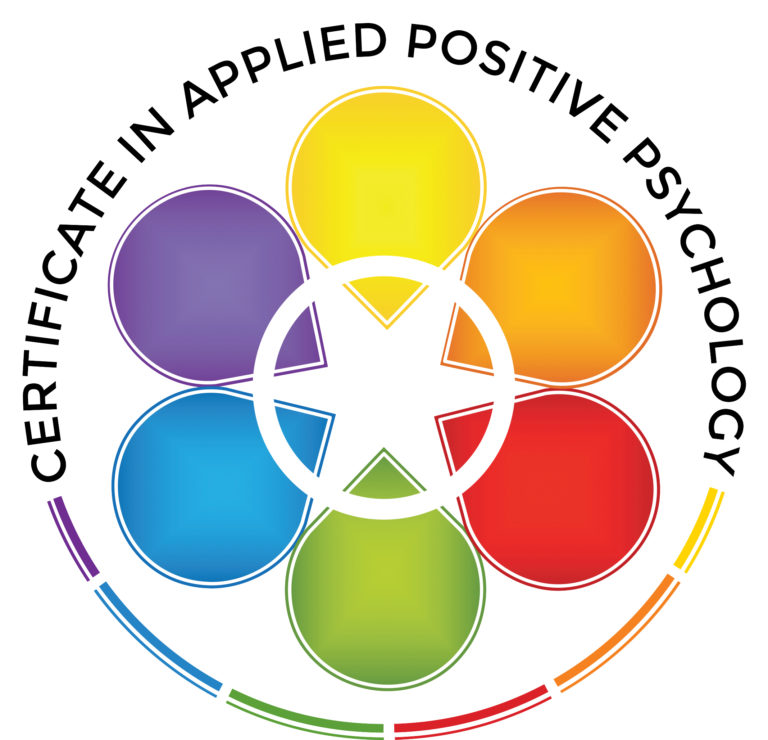This will be a strategy for life.
Humans don’t like to sit in discomfort. We get uncomfortable when faced with thoughts, people, events or experiences that make us feel unprepared, unsafe or awkward. This response is built into our brain from the cave man era. Centuries ago when there was a looming shadow in the bushes, humans perceived that unknown shadow as a threat and thus reacted by fighting, flying or fleeing. That automated brain functionality still exists today so naturally our our brain not only triggers a threat response if we see something grey in the shadows (literally) but it also triggers that same response when we encounter ambiguous grey areas (figuratively) in our lives.
In this decade, those ambiguous grey areas can include every day occurrences like working for a new boss, going to an event alone, going on a blind date, public speaking, or starting a new project. Grey areas are also typical with bigger life changes like quitting your job, moving to a new place, starting a business or trying a new career. Any of these scenarios have an element of the unknown and therefore elicit a nervousness within us. Most of us can't even tolerate being uncomfortable for short periods of time.
Finding ways to deal with discomfort is not a subject overtly taught in schools but is a skill needed to navigate life. So as adults, how do we hack the fear, insecurity, self-doubt and worry that comes up during times of uncertainty? How can we shift our perspective to see uncertainty as an attractive prospect? Since I have been pushing myself out of my zone for the last two years, I have three pieces of advice:
1. Change your mindset.
Certainty is actually a myth. Is there ever really a time when you know exactly how things will unfold? Even with thorough preparation and planning, nothing is guaranteed. Your opinion on change and uncertainty is actually all controlled by the way you choose to see it. We all wear a pair of invisible lenses that filter what happens around us to fit how we want those experiences, people or things to be. So why not use that biological habit to control the way we talk to ourselves about uncertainty? We should be able to explain to ourselves that no matter what uncomfortable situation we are about to enter, we can and will get through it. The message we send to ourselves should be pretty direct so we don’t let our minds spiral into a fear/anxiety speculation-marathon. If not controlled, the 'what ifs' can create serious harm to our sanity and wellbeing. Instead, this flip in mindset can help us foster positive and optimistic feelings about the potential of the unknown and the inevitable learning experience that comes with it.
2. Purposely go outside of your comfort zone to raise your ‘comfort threshold.’
The term ‘get out of your comfort zone’ might have become watered down, but it’s a meaningful reminder that life can be missed when we allow ourselves to get too comfortable. You can probably think of at least one good thing that came out of the last uncomfortable experience you went through. Because when we navigate the grey area of the unknown, and sacrifice the comfort of the expected, we have the potential to learn, grow, create and influence. The ultimate reward comes after we have made it through that experience – our threshold for discomfort increases and we are more prepared and more likely to embrace the next uncomfortable situation. This is because our brains can reference that example as proof that we can persevere through the next difficult or uncomfortable task ahead.
3. Redefine the definition of success.
Taking a risk by getting out of our comfort zone won’t always yield a “good” result by societal standards. Say you quit your job to start a business that can’t get off the ground and you’re constantly in discomfort about finances. Or you join a volunteer organization overseas and are constantly in discomfort with a new language, living situation, lack of friends and new surroundings. Its during these moments that it can be helpful to say, "who cares about the traditional definition of success? I've taken risks and I'm learning how to deal with adversity." Because honestly, life isn’t as rosy as your social media feed portrays. Any ‘failure’ or less than ideal situation might just translate to a 'good' result by another definition – good for your personal growth, for your confidence, for your resilience. Besides, what is the worst that could happen? In an extreme case, being uncomfortable and taking risks could cost you a job, material possessions, your status/reputation, money, a friend or your lifestyle. But you’ll still have your mind, your body and an opportunity to begin again, try something new and stay true to yourself. Bringing your perspective back to the basics and reminding yourself to be thankful for what exists in the present is always a great strategy to help us exist in discomfort.
As John F. Kennedy once said, "nothing worthwhile has ever been accomplished with a guarantee of success." Make life worthwhile.



